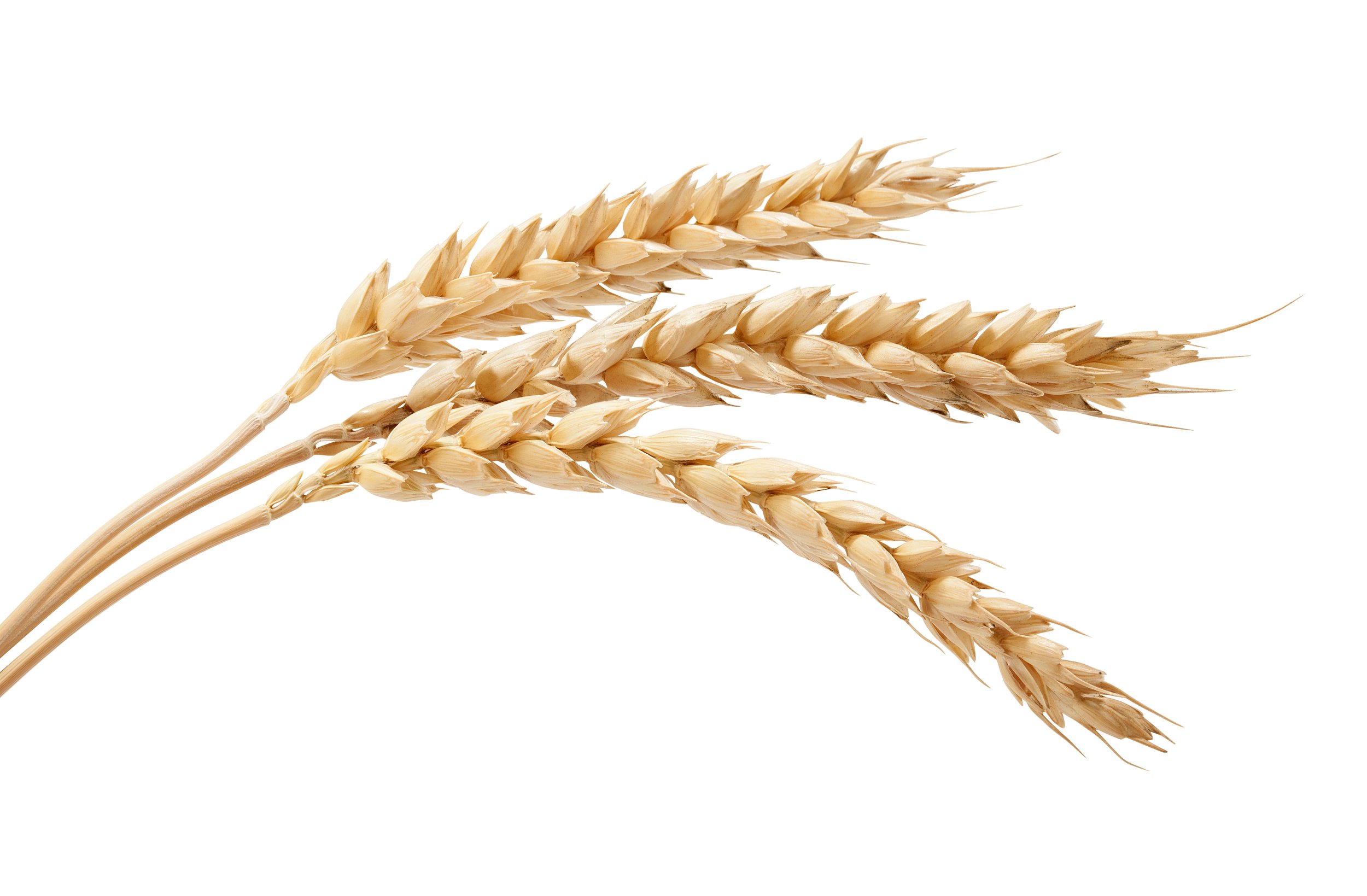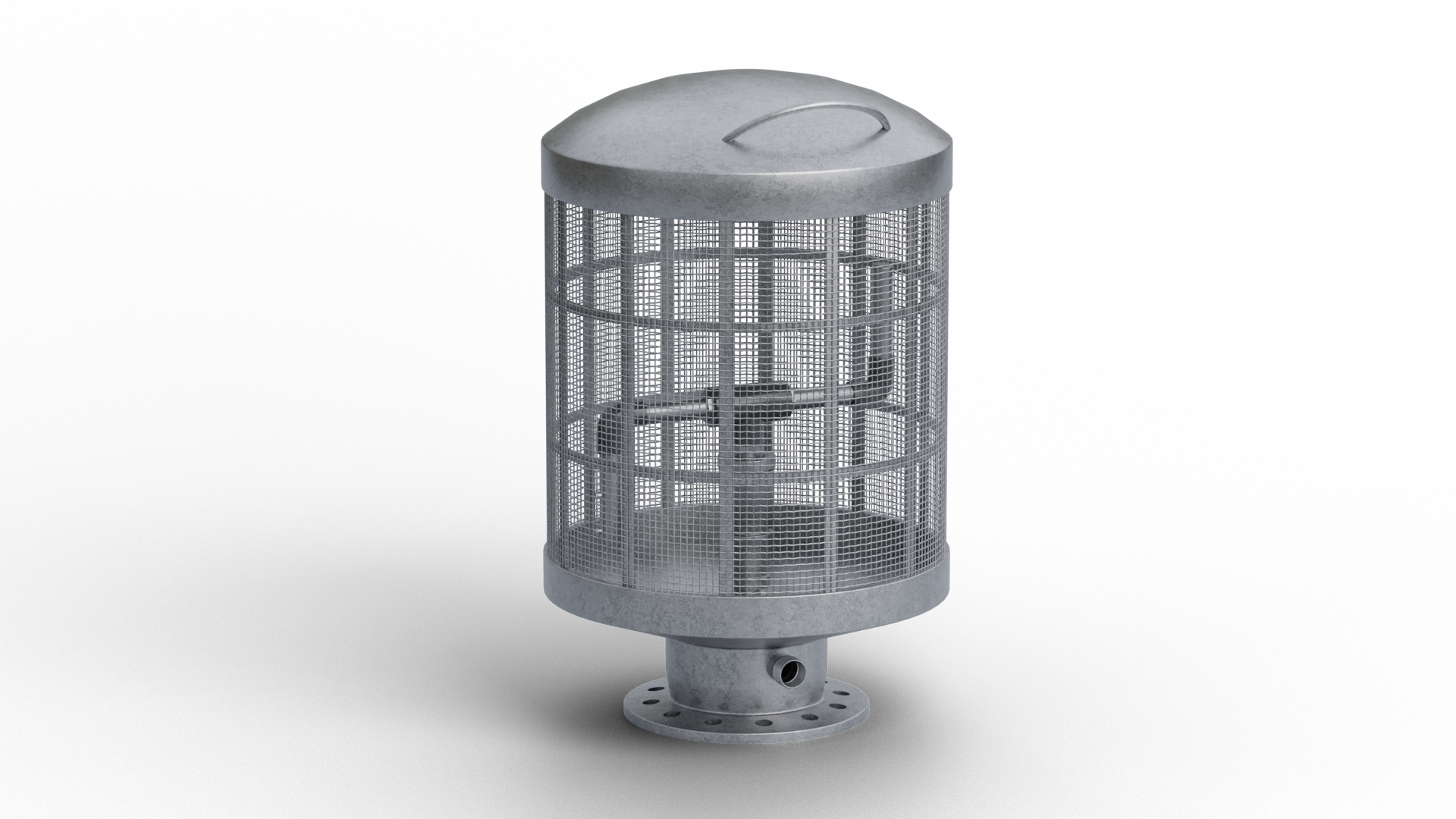Wheat
Wheat, one of the world's most cultivated grains, serves as a fundamental food source for a significant portion of the global population. It's the backbone of countless diets, making its way into bread, pasta, pastries, and more. Given its immense agricultural importance, understanding the irrigation needs of wheat is crucial for farmers aiming to maximize yields and produce quality grain.
Clemons filters are essential to optimizing and maximizing yield.
Let’s discuss your project.
There are several critical nuances for wheat growers concerning the importance of filtration and irrigation.
Wheat Watering Essentials: Wheat plants possess a moderately deep root system, allowing them to extract moisture from various soil depths. Yet, during crucial growth stages, such as tillering and grain filling, consistent and adequate water is paramount to achieving high yields and optimum grain quality.
Watering Through Growth Phases: Wheat's water demand fluctuates throughout its lifecycle. In the early germination phase, consistent moisture ensures robust sprouting. During tillering, when the plant develops its grain-bearing shoots, adequate water is vital. As it transitions to the grain-filling stage, ensuring the right moisture levels becomes even more crucial, as this directly impacts grain size and quality.
Cost Efficiency: Modern irrigation techniques, such as drip or sprinkler systems, can bring about significant improvements in wheat cultivation. They ensure uniform water distribution, enhancing root absorption, and thereby optimizing water usage—an essential consideration in regions with limited water resources.
Soil Considerations: Wheat thrives in well-aerated, loamy soils with good drainage. Overwatering or waterlogging can lead to fungal diseases like root rot. Therefore, adjusting irrigation based on soil type and ensuring proper drainage can play a decisive role in preventing disease and bolstering yields.
Nutrient Absorption: The synergy between water and nutrient uptake is critical for wheat. An effective irrigation regimen ensures that essential nutrients, especially nitrogen, are readily available and absorbed by the plant, leading to vigorous growth and grain development.
Disease and Pest Management: Excess moisture, especially on the foliage, can make wheat susceptible to various diseases, such as rust and blight. Efficient irrigation practices, which maintain optimum soil moisture while minimizing leaf wetness, can greatly reduce the risk of these disease outbreaks.
Water Quality: Wheat, like other crops, can be sensitive to water contaminants, especially high salt concentrations. Ensuring that irrigation water is free from harmful levels of salts and other pollutants is key to robust growth and grain quality.
Recommended Solutions
Pressure Filters
Clemons high-pressure filters ensure clean, healthy water for optimal crop growth.
Suction Screens
Protect your pump from harmful debris, ensuring clean, obstruction-free water flow.
Sand Separators
Capture and remove sand, improving water flow and increasing system lifespan.




